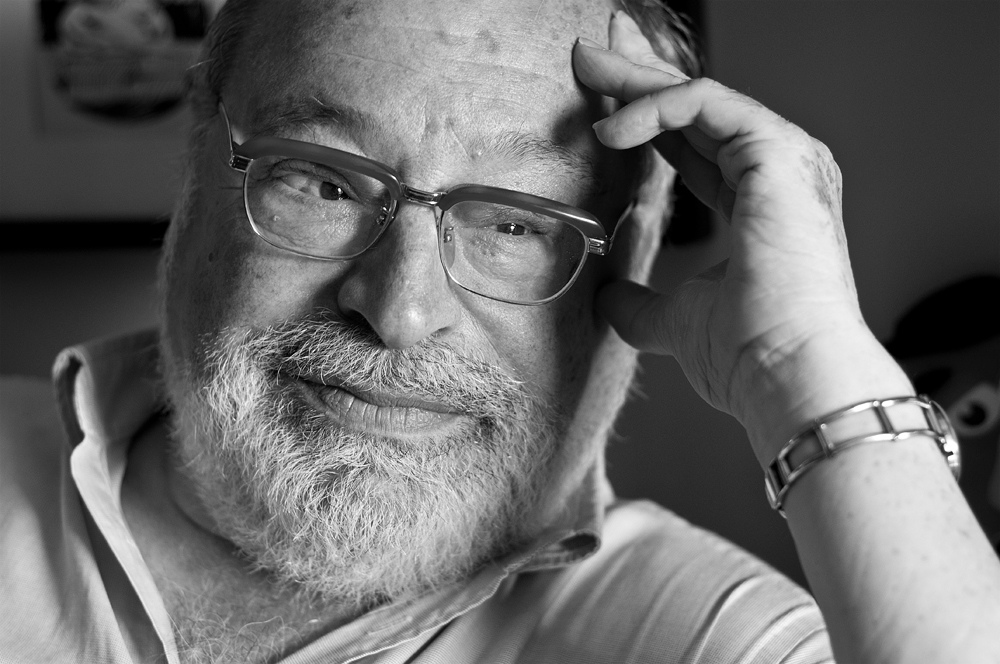Fernando Savater, Philosopher, Activist, and Writer
Fernando Savater is a Spanish philosopher, activist, and writer. He attended the Forum on November 11, 2010, where he began by talking about citizenship, followed by secularism, the crisis of values, and tolerance.
Citizenship is based on rights and obligations. There are guarantees that protect the exercise of both, but there’s also an ethical profile, a moral profile that guides citizenship, putting the future ahead of the past. Citizenship is based on where we are going together, not where each of us comes from individually. Greek democracy itself began when the first tyrants swept away the past, and only the idea of a shared future mattered. Laws and regulations that we accept to face the future create the profile of a citizen. The presence of the past conditions and distorts the present of citizens. There are certain requirements for this. Tolerance is the acceptance that in a free society, we will always coexist with what we don’t like. Laws don’t solve moral problems; laws create a framework where different morals coexist. The government is not here to make citizens good; it’s here to create frameworks within which conflicts and legal issues are resolved.
Secularism is essential in democracy. In Spain, there is still a belief that the State must be configured according to tradition, loyalty, and customs. If it’s not, it becomes a grievance. We live in a free society, which means we’ll share our space with people who have different life choices. That seems difficult to achieve. Regarding civic education, in a democracy, there can be diverse values, but the predominance of democratic ideology must be there. We need to educate children in this sense.
Secularism is an effective neutrality of public institutions toward private beliefs. Any private belief is a right of each person, but it’s not anyone’s duty. No matter how widespread a belief is, it’s not a societal duty; it’s a right of the individual who holds it. Secularism acknowledges this reality. Human beings need to share a common denominator: laws, the constitution, etc. Otherwise, coexistence would be impossible.
Beyond that, everyone walks their own paths. The danger of heavily ideological societies is that they sway because there’s no secularism. The problem is that established beliefs and values see any reduction in their influence as an attack from another perspective. The State’s prohibitionist desire, the idea that the State must guarantee everyone’s health, demands that the State moralizes public life. The idea of saving people from themselves is paradoxical. People who need medical help often don’t receive it, but the State intervenes in healthy people’s lives.
The crisis of values doesn’t truly exist. Values always emerge in crises. Protests against those who don’t uphold values always arise. We should ask people when they don’t believe there’s a crisis of values. Values like truthfulness versus lying, courage versus cowardice—these are some of the values, even if we can’t always uphold them.
Our society is more diverse, more varied than in other times. Clothing diversity, behaviors, elements like the internet, promote diversity. Humans like to be normal. What unsettles us in contemporary societies is that we don’t know whom to resemble. When you share values with others, there are no issues. But when the person in front of you holds different values, that’s when you question it. The intolerant person isn’t confident in their values. When they see others don’t share them, it makes them uncomfortable. They want everyone to behave the same way so they don’t have to question themselves. That’s why similarities, affiliations are sought. The internet is full of such groups. Diversity itself requires greater understanding and effort. A heterogeneous society demands more effort than a homogeneous one.

